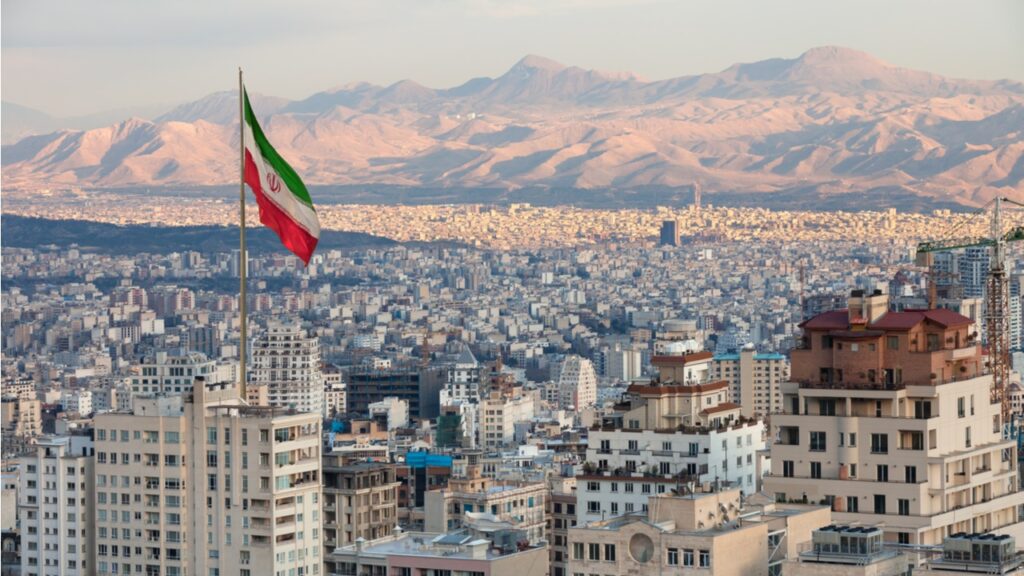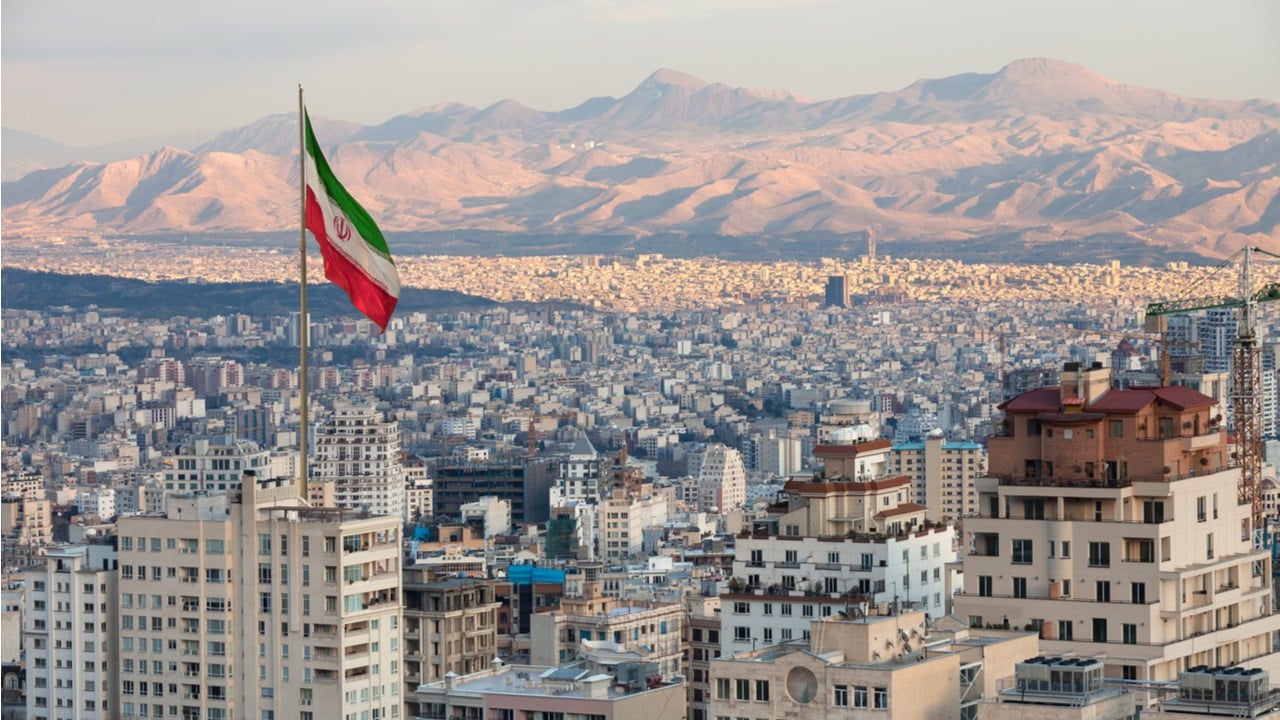Iran to Pilot ‘National Cryptocurrency,’ Amend Central Bank Law – Finance Bitcoin News

[ad_1]

The central bank of Iran is gearing up to begin the pilot phase of its digital currency project in the near future, its new head announced to representatives of local media. The monetary authority is also preparing to move forward with a plan to reform the legislation that governs its own activities.
Iran Preps Pilot for Sovereign Digital Currency
The “national cryptocurrency” of Iran will enter its pilot stage soon, the recently appointed Governor of the Central Bank of Iran (CBI) Ali Salehabadi has unveiled. Speaking to reporters after his first meeting with lawmakers, the high-ranking official said the regulator is now studying potential risks and benefits associated with the initiative. Quoted by IRIB News and the Financial Tribune, he explained:
The pilot trial will start, once the Money and Credit Council approves it.
Salehabadi, who has been heading the CBI since Oct. 6, did not provide any further details regarding the Iranian central bank digital currency (CBDC). According to the English-language business daily, the new phase of the project is likely to be in line with earlier plans for the development of a national crypto.
The report notes that three years ago the Informatics Services Corporation, CBI’s subsidiary operating the country’s banking automation and payment services network, was tasked to develop a sovereign digital currency. A CBDC prototype was designed using the Hyperledger Fabric platform, later statements by its representatives revealed.
It became clear that the digital version of the Islamic Republic’s national fiat, the rial, was being developed on a private blockchain. Unlike cryptocurrencies based on public blockchains such as Bitcoin, the Iranian state-issued coin is not going to be mined.
The public was never updated on the progress of this initial project until more recent announcements came out that a “crypto rial” plan is underway. Officials have emphasized that the Iranian crypto is going to be a digital currency circulated by the CBI and not a decentralized cryptocurrency that could be used for small, cashless transactions, the publication details.
New Commission to Prepare Amendments to Iran’s Central Bank Law
Besides the digital currency announcement, Iranian media has also learned that the central bank’s new management and members of the Majlis agreed to establish a joint commission tasked to reform the legislation concerning the CBI. Its members will be expected to quickly finalize a long-awaited plan to update the law that governs the central bank’s activities.
Governor Salehabadi also said that a special working group will be formed to clarify the positions of the bank and the government regarding cryptocurrencies. While, executive authorities in Tehran have been going after crypto investing and trading, only allowing banks and licensed moneychangers to use coins minted in Iran to pay for imports, lawmakers have opposed the restrictive policies. They believe that friendlier regulations would help Iran to circumvent U.S.-led sanctions and boost its economy.
Mining has been the one crypto-related sector that has received more clarity in terms of regulation. Iran recognized the extraction of digital currencies as a legal industrial activity in 2019 and introduced a licensing regime for entities involved in the business. And although mining farms have been blamed for electricity shortages during the extremely hot summer this year, restrictions have since been lifted for authorized crypto miners which number over 50, according to the state-run power utility Tavanir.
Do you think Iran will eventually issue its own digital currency? Share your expectations in the comments section below.
Image Credits: Shutterstock, Pixabay, Wiki Commons
Disclaimer: This article is for informational purposes only. It is not a direct offer or solicitation of an offer to buy or sell, or a recommendation or endorsement of any products, services, or companies. Bitcoin.com does not provide investment, tax, legal, or accounting advice. Neither the company nor the author is responsible, directly or indirectly, for any damage or loss caused or alleged to be caused by or in connection with the use of or reliance on any content, goods or services mentioned in this article.
[ad_2]
Source link









